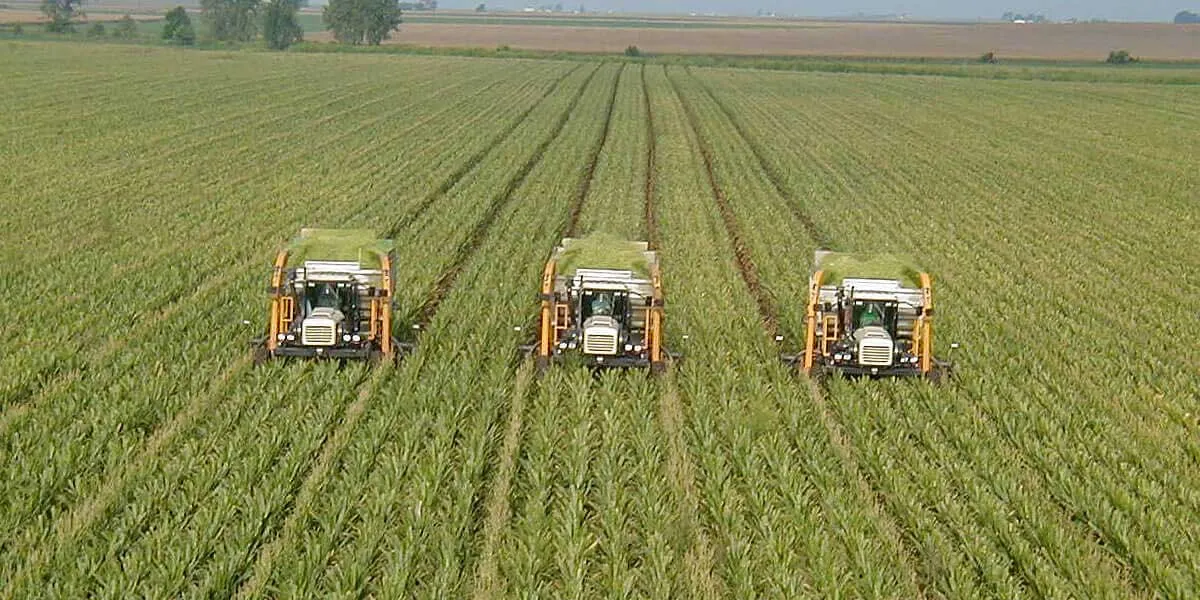International environmental organizations have held thousands of conferences throughout the world, announcing that monocultures threaten the apparent success that modern agriculture has achieved in recent years.



▶ The general problems that modern society is going through are nothing more than the reflection of a highly productive food system, but paradoxically extremely weak, because it depends on fewer and fewer species and varieties, which in the long run has triggered a significant reduction in genetic diversity. with agricultural potential.

▶ Credits: Heliusenergy. – [Image of Public Domain]
≕ I invite you to stay tuned and read my next contribution ≔
On the one hand, modern society has been reducing the genetic diversity of crops around the world in the search for economic profitability and agro-industrial efficiency, but the consequence is that these crops and the practices for their production have exposed us to changes climatic.
The impact of climate change as a result of modern agricultural practices, according to data from the FAO and different environmental organizations, reveals that it is increasing by one degree Celsius in the global average temperature.
In this sense, although our ability to promote other agricultural practices is limited, there are different strategies to take advantage of everything we know about agriculture and genetics to increase the genetic diversity of our plants.

These strategies do not take into account the significant losses in their productivity, fundamentally because what is really important is to conserve genetic diversity, which in the end is the best guarantee of resilience for our food chains.
NOTE: Reference material.
